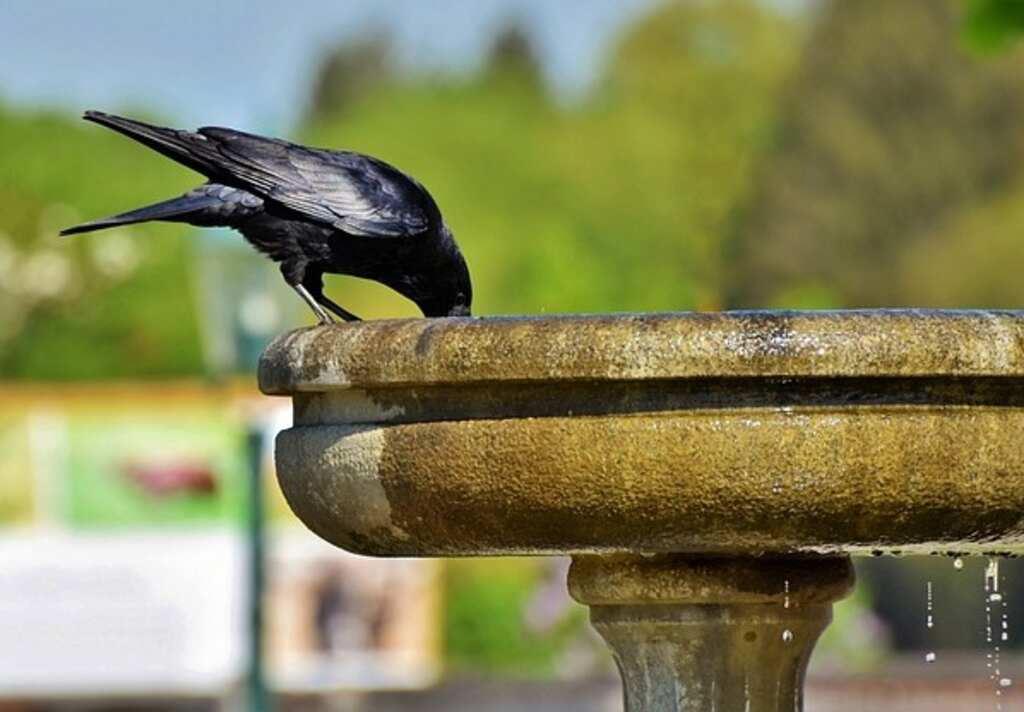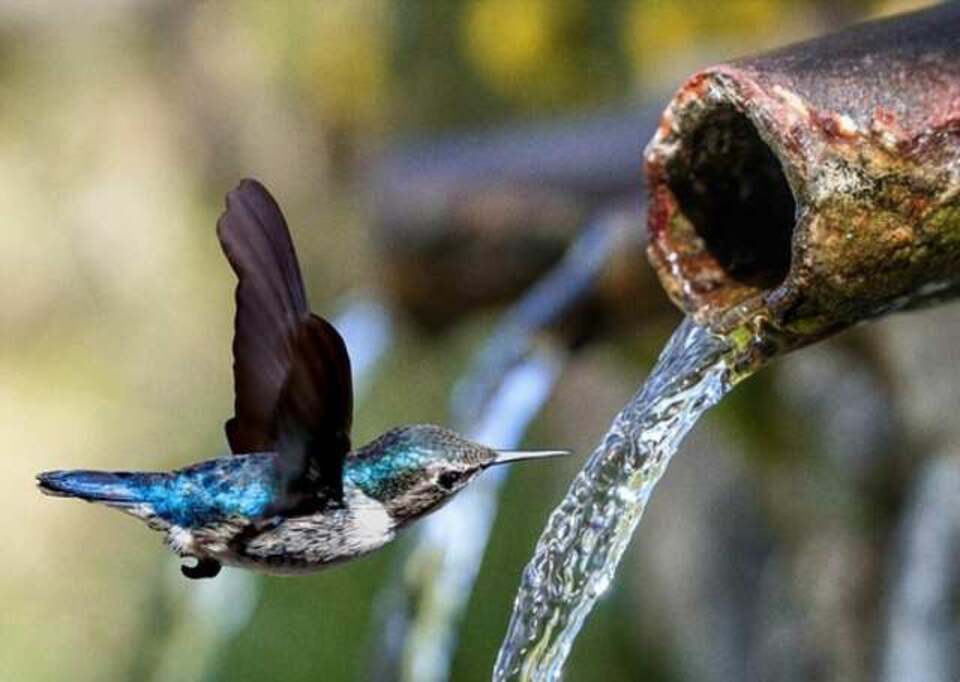Birds, especially smaller species, can dehydrate quickly. In hot conditions, sparrows and warblers can experience major dehydration in just 2–3 hours. Larger birds like crows, however, may survive for 48–72 hours without water in mild temperatures. How long can a bird go without water? The answer depends on factors like size, environment, and food access, but dehydration is a serious risk for all birds. Read more to learn survival strategies for birds in dry conditions.
Table of Contents
- 1 Why Water Is Essential for Avian Survival
- 2 A Field Researcher’s Eye-Opening Experience
- 3 How Size, Diet, & Environment Affect Survival
- 4 Expert Insight: What Extends Bird Survival?
- 5 Practical Steps to Help Birds Stay Hydrated
- 6 Debunking Common Misconceptions
- 7 Final Thoughts: How You Can Help
- 8 Author
Why Water Is Essential for Avian Survival
Birds are marvels of biological efficiency, but their need for water is non-negotiable. Their bodies are composed of 60–70% water, crucial for maintaining organ function, regulating body temperature, and facilitating digestion. Smaller birds, such as finches and sparrows, are especially vulnerable because their high surface-area-to-volume ratio causes them to lose moisture rapidly. Even a few hours without water in extreme heat can be fatal. Meanwhile, larger birds like pigeons and crows have slightly more leeway, but still suffer severe consequences if deprived for too long.
A Field Researcher’s Eye-Opening Experience
During an extended drought in California, I monitored a population of House Sparrows and noted a disturbing trend. Within 48 hours of their usual water source drying up, nearly 30% of the local population either perished or migrated in desperation. This stark reality reinforced how quickly water scarcity impacts avian communities. In contrast, during milder weather, a group of crows I observed managed nearly three days without visible distress, though their activity levels dropped significantly.
How Size, Diet, & Environment Affect Survival
Not all birds are created equal when it comes to dehydration resistance. Smaller species, like warblers and chickadees, can succumb in less than a day in hot weather, while larger birds, such as hawks and owls, may last significantly longer. Temperature plays a massive role—birds in cooler climates lose water at a slower rate, whereas those in scorching desert environments face life-threatening dehydration within hours.
Expert Insight: What Extends Bird Survival?
From my observations, birds with access to shade and moist food sources (like juicy insects or fruit) can stretch their survival time. Conversely, seed-eating birds in arid regions are at the highest risk. During a research trip to the Mojave Desert, I found that Gambel’s Quail, which rely on succulent plants for moisture, fared far better than nearby sparrows dependent on dry seeds.
Practical Steps to Help Birds Stay Hydrated
Providing water isn’t just kind—it’s lifesaving. Here’s how to do it effectively:
1. Choose the Right Water Source
- Shallow, wide containers prevent drowning while allowing multiple birds to drink.
- Moving water a bird bath with (a dripper or fountain) attracts more species, as they associate it with freshness.
2. Strategic Placement Matters
- Near shelter but with visibility, so birds feel safe from predators.
- Elevated positions (like a pedestal birdbath) discourage cats and other ground threats.
3. Emergency Care for Dehydrated Birds
In my rehabilitation work, I’ve found that a weak sugar-water solution (5% sugar) can help revive exhausted birds. Never force water into a bird’s beak—instead, offer droplets on a leaf or shallow dish.
Debunking Common Misconceptions
❌ “Birds don’t need water in winter.”
✅ False! Birds still require water year-round, even if they get some from snow or ice.
❌ “Birds can drink from any puddle.”
✅ Risky. Stagnant water may contain parasites—clean, fresh water is best.
Final Thoughts: How You Can Help
Every backyard can become a sanctuary. By simply maintaining a clean water source, you could be saving dozens of birds annually. During a particularly harsh summer, I tracked bird visits to a small garden pond—within a week, over 15 species were relying on it. That’s the power of even the smallest conservation effort.
Pro Tip: If you notice lethargic or puffed-up birds near your feeder, they may be dehydrated. Try adding a mister—many birds will flutter through the spray to cool off and drink.
Related Post: Can Birds Die From Drinking Pool Water






